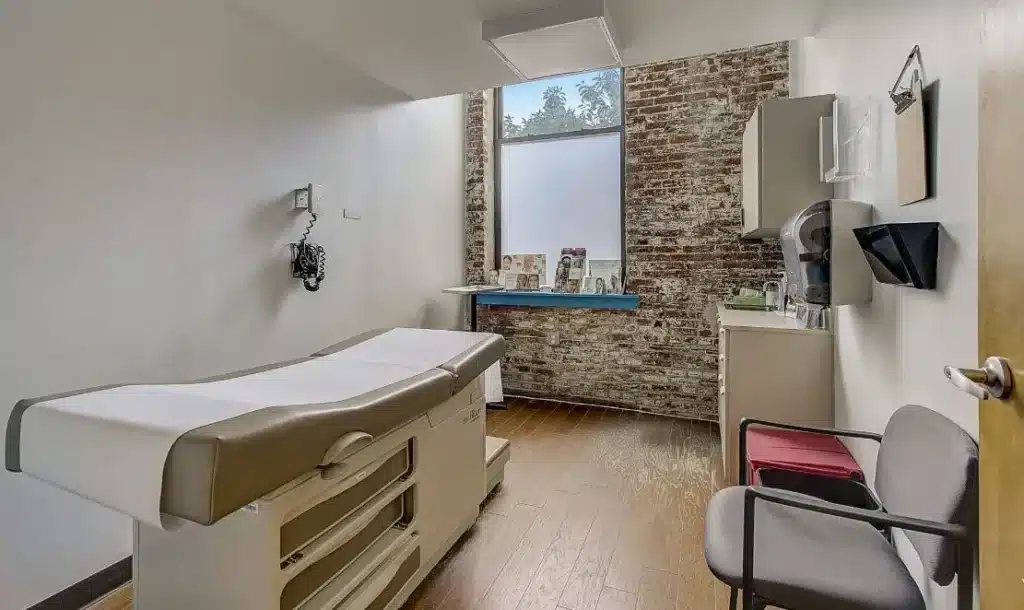In an era where efficiency and strategic resource management are paramount, medical coworking spaces are emerging as a compelling solution for healthcare professionals. These environments not only streamline operational costs by sharing critical resources but also adapt flexibly to fluctuating patient demands, thus mitigating financial volatility. Moreover, the collaborative nature of these spaces can catalyze cross-disciplinary innovations, potentially elevating patient care standards. As we explore the implications of this shift, one might ponder how such coworking setups could further influence the healthcare landscape, particularly in terms of economic sustainability and quality of care. What could be the long-term impacts on traditional healthcare models?
Cost Efficiency and Flexibility
One of the principal advantages of medical coworking spaces is their ability to offer significant cost savings and operational flexibility, critical factors for burgeoning healthcare enterprises and solo practitioners. By sharing resources and infrastructure, medical professionals can significantly reduce overhead costs associated with private practice setups, such as leasing, equipment, and utilities.
This model not only minimizes financial risks but also provides scalability. Professionals can adjust their space and resource use in accordance with patient volume, avoiding the financial burden of unused space and idle resources. This strategic approach to practice management allows healthcare providers to focus more on patient care and less on administrative burdens, fostering a sense of community and support among like-minded professionals striving for efficiency and growth in a challenging industry.
Networking and Collaborative Opportunities
Beyond cost savings, medical coworking spaces also foster rich networking and collaborative opportunities among healthcare professionals. These environments are strategically designed to encourage interaction and partnership, crucial for innovation in healthcare.
By sharing a workspace, medical experts not only exchange knowledge but also often engage in multidisciplinary collaboration, leading to enhanced patient care solutions and advancements in medical research. Such networks can create a powerful ecosystem, wherein professionals find not just colleagues but potential project partners and mentors.
The integrated nature of these spaces naturally supports the development of professional relationships, vital for personal growth and career advancement in medicine. Thus, coworking spaces serve not just as offices but as vibrant communities fostering a sense of belonging and collective progress.
Read more:
How Medical Coworking Space Can Transform Your Healthcare Business

